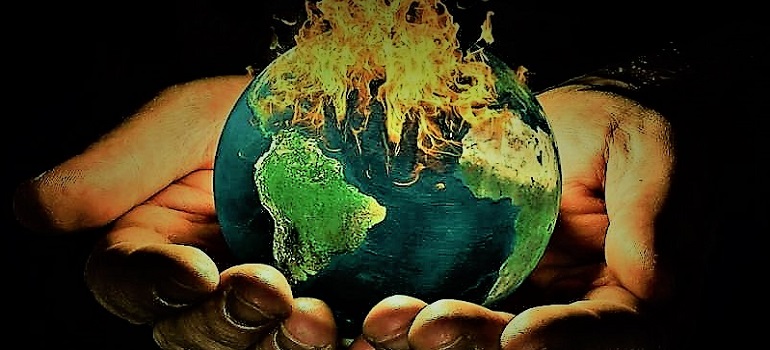A new study published on Monday warns that the world is approaching a critical climate threshold and time is running out to prevent the worst effects of global warming. Researchers from Stanford University and Colorado State University used artificial intelligence to predict the timeline of warming and found that the Earth is likely to exceed 1.5C of warming above industrial levels within the next decade and may reach 2C, considered a tipping point by international scientists, by mid-century with a 50% chance. The study was conducted by training a neural network to analyze global climate model simulations and determined that there is a nearly 70% chance that the two-degree threshold would be crossed between 2044 and 2065, even with rapid emissions reductions.
The two temperature benchmarks outlined by the United Nations Paris Agreement have significant consequences for ecosystems and the plants, animals, and people that depend on them. The difference between 1.5C and 2C results in increased habitat loss, natural disasters, and heatwaves, with communities around the world facing more extreme weather. The greatest impact will be felt by vulnerable and less affluent populations in developing countries, including small island nations on the frontline of the climate crisis.
This study adds to the urgent call for action to curb emissions and adapt to the effects of global warming that are already beginning to unfold. Climate scientists have been warning of the inevitability of crossing 1.5C, but the new AI predictions make the case for immediate action even more pressing.


